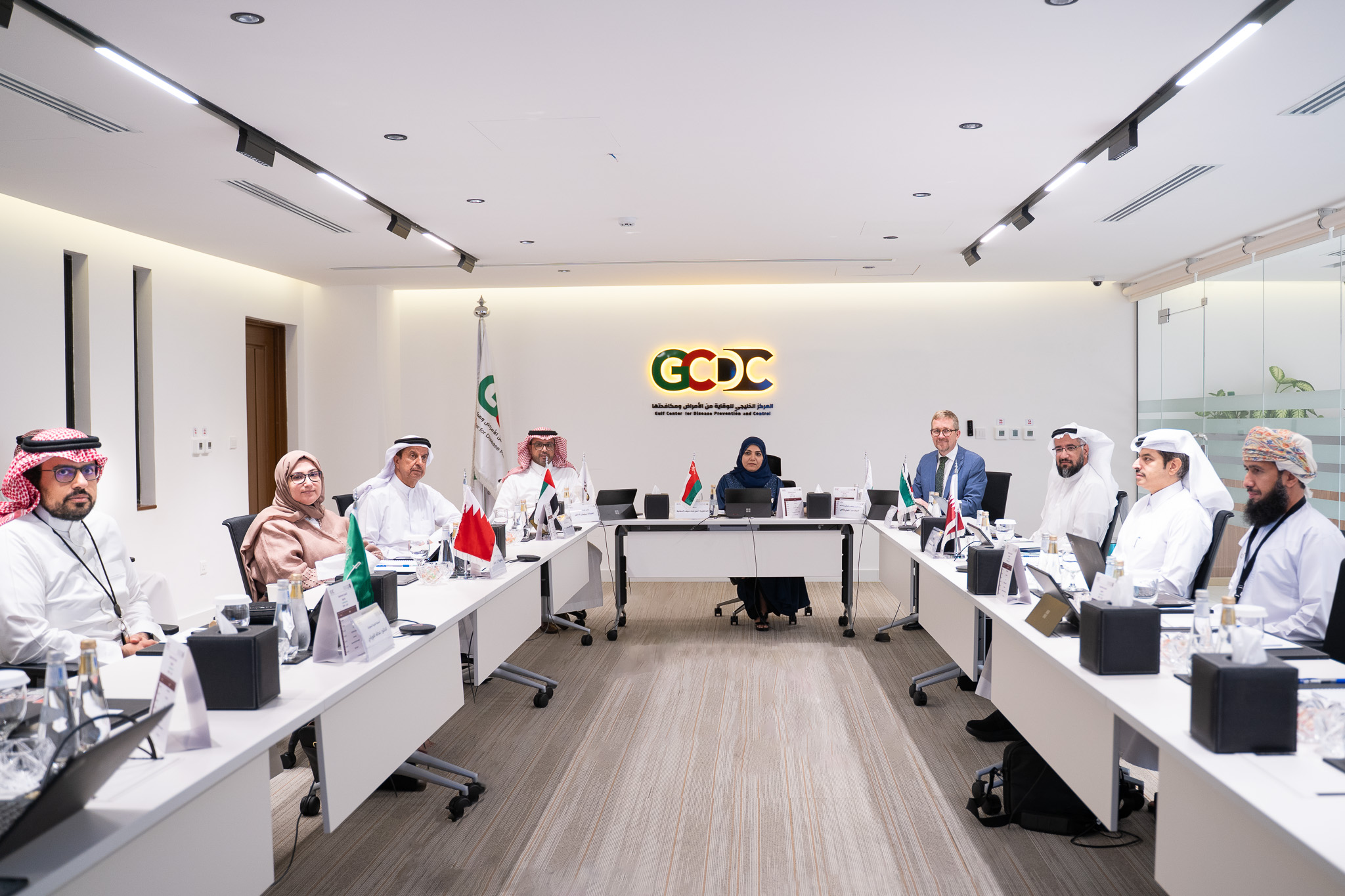It’s hard to believe, but it has already been four years since the beginning of the Covid-19 pandemic that not only cost millions of lives but disrupted daily routines around the world. To put it into perspective, that’s equal to the time between successive Olympic tournaments or football World Cups.
Despite the continuing economic effects of this disruption as well as its impact on tourism and the enduring psychological consequences, it appears that we have left the pandemic behind. Many people have returned to their regular office routines and socialise without wearing a mask. Major sporting and trade events have returned.
In the Gulf, there is a discernible sense of confidence: Dubai in particular seems to have strengthened its position; Qatar staged a successful 2022 World Cup and is currently hosting the Asian Cup; and Riyadh has landed both the 2034 World Cup and the 2030 Expo. Life, for the most part, has regained a semblance of normality.
Yet the question remains: how prepared are we for another pandemic? It’s an unsettling question, especially considering that Covid has not gone away. Questions also remain over the original pandemic, and the lingering effects that long Covid and repeated lockdowns have had on millions of people.
I’m optimistic, at least for the GCC countries. Setting aside the simple fact that we have collectively experienced a pandemic and are therefore better equipped as people to anticipate and respond to future crises, my optimism rests on two key factors.
Gulf cooperation intensifies to tackle pandemic threats
First, I believe international co-operation will continue to grow. Last year, the UN General Assembly called for countries to step up their efforts to strengthen pandemic prevention, preparedness and response. Strengthening regional and international co-operation will overcome inequities and ensure the everyone has access to vaccines.
The GCC’s Gulf Health Council has become one of the most important bodies when it comes to enhancing health security in the region. In 2022, two years after the pandemic began, the council set up the Gulf Centre for Disease Prevention and Control. Based in Riyadh, it will monitor the spread of epidemics such as Covid-19.
Last year, this organisation, along with participating member states, worked on a unified Gulf technical contribution to the proposed International Treaty on Pandemic Prevention, Preparedness and Response. Such an international agreement, a draft of which is expected to be finalised in May, is considered to be a major milestone on the journey to improving pandemic responses and ensuring global public health protection.
In the UAE, the Department of Health Abu Dhabi recently began an international collaboration with the Partnership for Health System Sustainability and Resilience. This collaboration involves the World Economic Forum, the London School of Economics, pharmaceutical giant AstraZeneca and other important bodies to share learning and expertise that will ensure future health systems are able to prevent different crises, including pandemic threats..
Virtual care and AI address gaps
Second, technological advancements and regulation have led to remarkable progress since the beginning of the pandemic, especially in the Middle East. These advancements are poised to address gaps in healthcare delivery and will strengthen the GCC’s already-resilient medical systems.
The pandemic sped up the adoption of telehealth and telemedicine solutions, allowing patients to consult doctors remotely thus reducing the need for in-person visits and minimising the risk of virus transmission. In Saudi Arabia, for example, there have been notable telemedicine developments since the pandemic, and it will continue to make progress under its Vision 2030 plan and the national transformation of its healthcare sector.
In 2022, the Kingdom launched Seha Virtual Hospital, the largest e-health provider of its kind in the world, and the first in the Middle East. More recently, Saudi digital health company Cura joined forces with the Saudi German Hospital Group, enabling patients to access virtual consultations and remote monitoring.
This leads us to one of the most significant stories of the post-pandemic world thus far: the evolution of artificial intelligence and machine learning. These applications have gained prominence in medical imaging, diagnostics and drug discovery. They are also being used to analyse large data sets, identify patterns and help healthcare professionals to make more accurate diagnoses and treatment decisions.
Late last year, the Department of Health Abu Dhabi and Burjeel Holdings signed a deal to implement advanced solutions with integrated AI. This would help with resource allocation and make emergency departments more efficient. The regulator also signed an agreement with Microsoft to advance the use of generative AI in health care.
Pandemics are inherently complex and the next one may surpass the challenges we faced four years ago. The continuing effects of climate change could elevate the likelihood of more pandemics. It is crucial for us all to stay vigilant, avoid complacency and, as individuals, be responsible before and during any new outbreak.
This article originally appeared on The National.

Leave a Reply